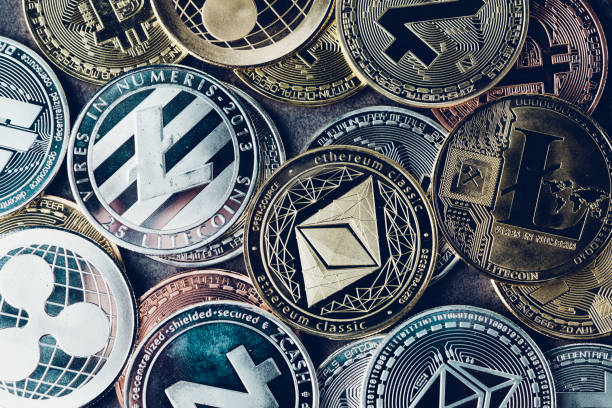Data from InfoTheBlock has shown that the number of Ethereum retail traders has reached a record high. Wallet addresses holding between 0.1 and 1 ETH have increased, showing that ETH is gaining widespread adoption and usage.
Small ETH addresses surge by 98%
The InfoTheBlock report shows that these small Ethereum addresses have increased by around 98%. These wallets have been steadily rising since early 2021, and so far, they hold around 1.78 million ETH. This represents a 4.54% gain each month.
Small wallets could be increasing their ETH holdings due to the fundamental growth of the Ethereum network. Over the past year, Ethereum has been actively involved in implementing upgrades leading to the realization of Ethereum 2.0. This activity has drawn more investors towards the token.
ETH ranked among the best-performing tokens in 2021, after gaining by around 400% to a peak of around $4800 in November. While the token has since slumped from these highs due to the declining buyer support, it has continued to record buying pressure from the small wallet addresses.
The Ethereum network is the largest in terms of Total Value Locked (TVL). The network has gained the largest adoption from developers of decentralized finance (DeFi) projects, non-fungible tokens (NFTs), staking platforms, etc. This network’s high level of adoption has led to analysts saying that ETH could be used as a store of value.
The ETH burning process has also ignited demand for the token. ETH launched its burning process through the London Hard Fork upgrade in August last year. So far, 1.8 million ETH has been burned, valued at around $5.6 billion.
Ethereum woes affecting small traders
For the longest time, ETH has dealt with a scalability issue, hence the transition to ETH 2.0. The network charges very high gas fees that sometimes reach $50 per transaction.
The rising gas fees have affected small-scale traders as their activity on the network has remained considerably low. Most of these small traders have remained inactive to avoid paying this high gas fee.
Your capital is at risk.
Read more:
Credit: Source link













































































































































